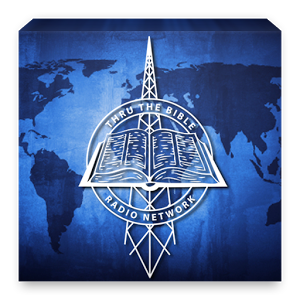According to Chinese legend, when Sai Weng lost one of his prized horses, his neighbor expressed sorrow for his loss. But Sai Weng was unconcerned. He said, “Who knows if it may be a good thing for me?” Surprisingly, the lost horse returned home with another horse. As the neighbor congratulated him, Sai Weng said, “Who knows if it may be a bad thing for me?” As it turned out, his son broke his leg when he rode on the new horse. This seemed like a misfortune, until the army arrived at the village to recruit all able-bodied men to fight in the war. Because the son’s injury, he wasn’t recruited which ultimately could have spared him from death.
This is the story behind the Chinese proverb which teaches that a difficulty can be a blessing in disguise and vice versa. This ancient wisdom has a close parallel in Ecclesiastes 6:12, where the author observes: “For who knows what is good for a person in life?” Indeed, none of us know what the future holds. An adversity might have positive benefits and prosperity might have ill effects.
Each day offers new opportunities, joys, struggles, and suffering. As God’s beloved children, we can rest in His sovereignty and trust Him through the good and bad times alike. God has “made the one as well as the other” (7:14). He’s with us in all the events in our lives and promises His loving care.
Source: Our Daily Breat
 Thru The Bible
Thru The Bible